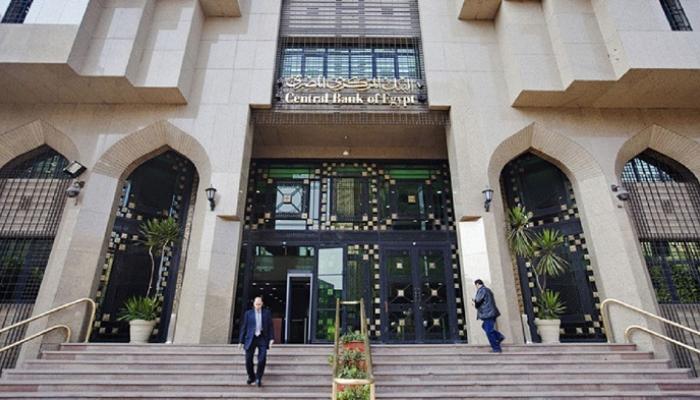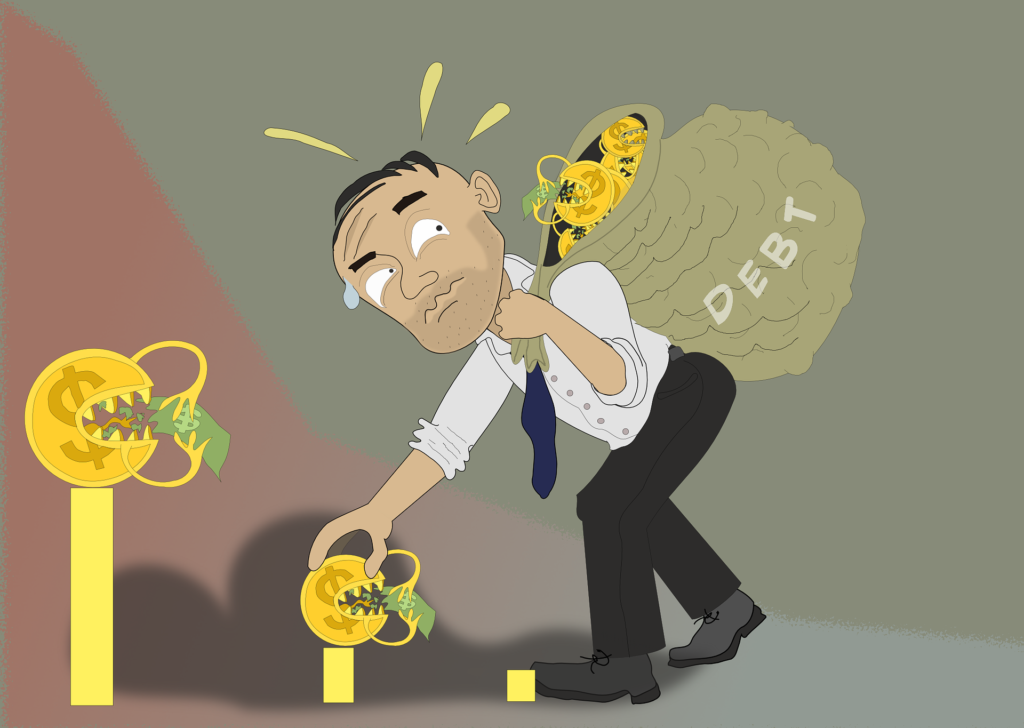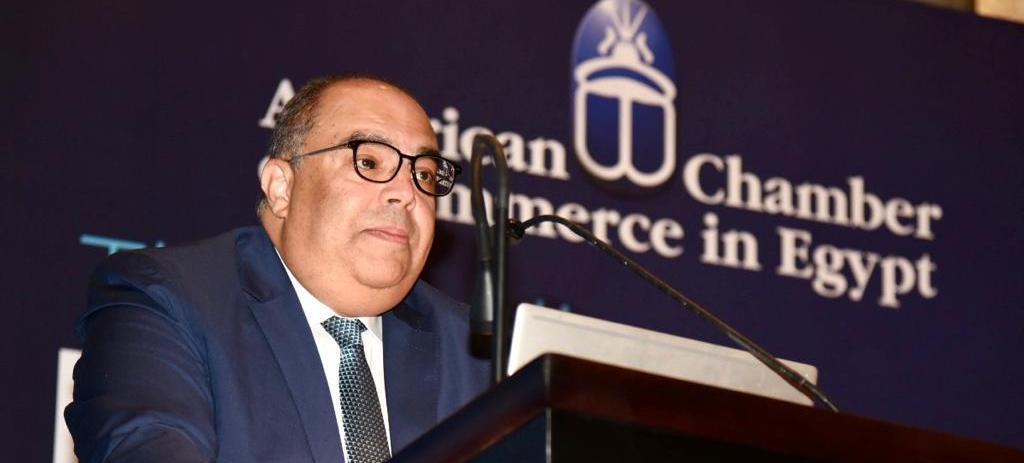On Thursday, the Monetary Policy Committee (MPC) of the Central Bank of Egypt (CBE) decided to maintain current key interest rates.
That said, the overnight deposit rate, overnight lending rate, main operation rate, and discount rate were kept unchanged at to 18.25%, 19.2 %, 18.75%, and 18.75% respectively.
MPC attributed its decision to the ease of inflation on global and domestic levels, despite the decline in real GDP growth in the country.
In this regard, MPC explained that Egypt’s real GDP growth declined to 3.9% in the fourth quarter (Q4) of 2022, down from 4.4% in Q3 of 2022, which indicated a growth during the first half (H1) of the current FY2022/2023 posted 4.2%.
CBE projected Egypt’s real GDP growth to continue its downturn in the current FY2022/2023 compared to the previous fiscal year, before recovering thereafter.
MPC said that the recent decline in Egypt’s inflation rates came as a result of the ease of major inflationary shocks; such as the domestic supply chain disruptions that affected main core food commodities and the implications of the exchange rate developments.
MPC asserted that achieving a tight monetary policy is to reach the CBE’s upcoming inflation targets of 7% (± 2%) on average by Q4 of 2024 and 5%(± 2 %) on average by Q4 of 2026.
It stressed that it is closely monitoring the inflation risks that could emerge from possible supply chain disruptions and geopolitical tensions, among other factors.
It added that it will continue to monitor all economic developments and will not hesitate to adjust its stance in line with its price stability mandate.
In its last meeting, held in March, the MPC hiked the key interest rates by 2% (200 bps), bringing the total hikes it has applied since March 2022 to 10% (1000 bps).
Tightening monetary policy through raising interest rates is vital for economies to curb soaring inflation and bring it down to the normal target.
Egypt’s inflation had accelerated since March 2022, when the war on Ukraine sparked.
Yet, Egypt’s annual headline inflation cooled down to 31.5% in April, down from 33.9% in March, for the first time in 10 months. Yet, it is still well above 14.9% seen in April 2022, and also beyond the CBE’s inflation target set at 7% (±2%) on average by the fourth quarter of 2024 and 5% (±2%) on average by the fourth quarter of 2026.
Cooling down inflation rates to these targets is among Egypt’s commitments to the International Monetary Fund (IMF) under the $3 billion Extended Fund Facility the fund approved for the country in December.
“CBE ‘s decision of maintaining interest rates came to reduce the pressure of borrowing costs, especially for interest rates on debt instruments; treasury bills (T-bills) and bonds, as well as availing a room for the local market to absorb the 2% interest rates hike the CBE applied in March,” Economist and Financial Analyst at HC Securities and Investments, Heba Monir, told Business Monthly.
Monir expected the recent deceleration in the inflation rate to be short-lived, projecting inflation to inch up 1% on a monthly basis in May following the recent increase in diesel prices and changes in the ration cards system, averaging at 30.2% for the second half of 2023.
Egypt’s Fuel Automatic Pricing Committee (FAPC) raised in early May diesel prices by EGP 1 (14%) to 8.25 Egyptian pounds and kept the prices of all the other gasoline prices.
Meanwhile, the Head of Research at Zilla Capital, Aya Zoheir, attributed CBE’s decision to the recent deceleration of inflation in April as well as the recent inflation rates contraction in the USA that encouraged the US Federal Reserves (Fed) to maintain the low pace of monetary policy tightening.
In its early meeting held in early May, the US Fed hiked the benchmark interest rate by 25% (0.25 bps) with expectations that it could be the last hike it will apply this year, as inflation, jobs, and employment readings indicate positive signs.
During this week, President Abdel Fattah El-Sisi instructed the Supreme Council for Investment and the government to put 22 decisions into effect, which aim at boosting foreign direct investment in the country.
In a press conference held a day after, Prime Minister Mostafa Madbouly stressed that these actions will help bring down inflation, cool down commodity prices, and provide foreign currency liquidity in the local market.
Zoheir also expected Egypt’s inflation to restore its uptake in May fuelled by the recent diesel price hike and the government’s intention to reduce commodity subsidies.







